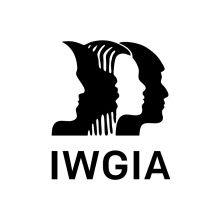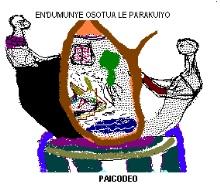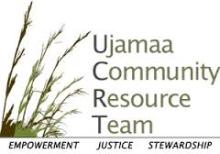Resource information
The report explores the evictions of pastoralists and other conflicts over pastoralists’ land in Tanzania, with focus on the past decade.
Although most of these evictions and land based conflicts have been documented, the associated human and legal rights violations have increasingly lead to concern amongst civil society. A study was therefore commissioned to collate the available information as well as to visit affected pastoralist communities to assess the current situation faced by pastoralists in the country.
According to community testimonies provided in field work, it was found that not only are pastoralists losing their legitimate village land through government endorsed evictions and land encroachments, but these eviction processes and conflicts lead to loss of livelihood and loss of property. It was further alleged that serious human and legal rights violations are committed during eviction processes, none of which have been addressed.
Based on the findings of the study, this report provides recommendations to the government of Tanzania, the development partners in Tanzania and civil society.





